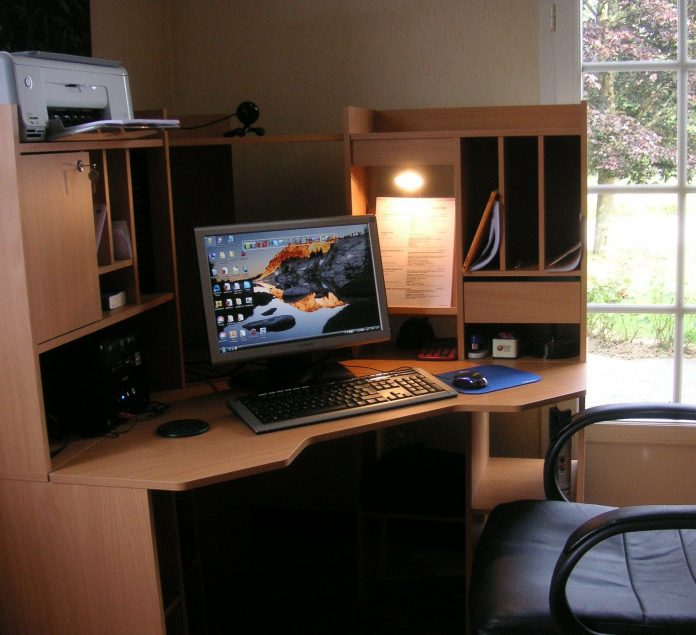The UK is one of the least prepared countries to deal with a mass home-working strategy, figures released today suggest.
Leesman, a leader in insights into workplace effectiveness, surveyed more than 700,000 employees worldwide and found that, of the 139,778 UK workers in its index, 55 per cent have little or no experience working from home, compared with 52 per cent globally.
With Covid-19 elevated to pandemic status by the World Health Organisation, major corporations including Apple, Starbucks, Twitter and Facebook are now advising employees to work from home in a bid to curb the outbreak and protect their workforce.

Many British businesses have released contingency plans including compulsory home-working policies. Some have begun to close sites and ban visitors.
While the UK government prepares to ask even mildly sick people to stay home, leading researchers have suggested British workers who can work from home should do so, regardless of whether they are symptomatic.
The data also suggests that business must brace itself for reduced productivity and innovation. Of the employees who do work from home occasionally, 79 per cent typically do so for just one day a week or less, and only one per cent work from home for more than four days per week.
What’s more, only 41 per cent of sporadic home workers have a dedicated room to work from, and 39 per cent don’t even have a designated workstation or even a desk.
Our advice is for organisations to quickly quantify where their main obstacles will be and seek support
Across the global database, respondents aged 55-64 report the lowest satisfaction levels when it comes to home-working, compared with the under 25s who are the least affected.
The main risks include losing a sense of community (-11.8%), social interaction (-10.3%), knowledge transfer (-10.0%), learning from others (-13.0%) and informal collaboration (-5.4%).
The Leesman Index rating, which covers more than 90 indicators of the physical, virtual and social workplace infrastructures, shows how employees are supported and monitors key economic indicators such as personal and collective productivity, knowledge transfer and pride.
Tim Oldman, CEO, said: “Home-working will undoubtedly prove pivotal in limiting the impact of the coronavirus crisis. But the data suggests that many employers and employees will be out of their depth should British businesses be forced into lockdown.
“Our advice is for organisations to quickly quantify where their main obstacles will be and seek support. We know how and why corporate offices impact employee sentiment but have significantly less understanding of even the short-term impact of dispersing teams into environments designed for living, not working.
“Global business must brace themselves, but the UK perhaps more so.”
Why remote working is on the rise: infographic- does this still hold true?
You can read the full report here


